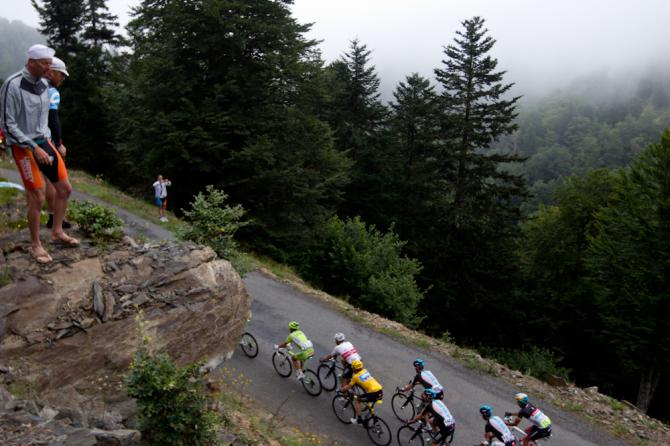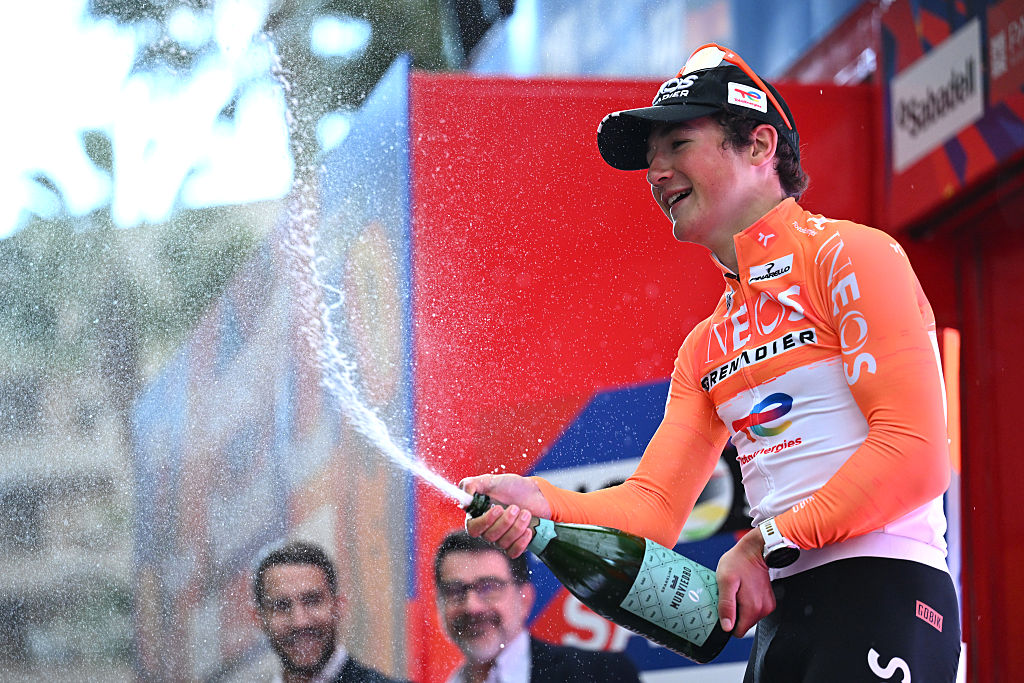Pyrenees present new showdown for Tour de France contenders - Preview
Thursday is a long grind to Peyragudes, followed by a short, punchy stage to Foix
The latest race content, interviews, features, reviews and expert buying guides, direct to your inbox!
You are now subscribed
Your newsletter sign-up was successful
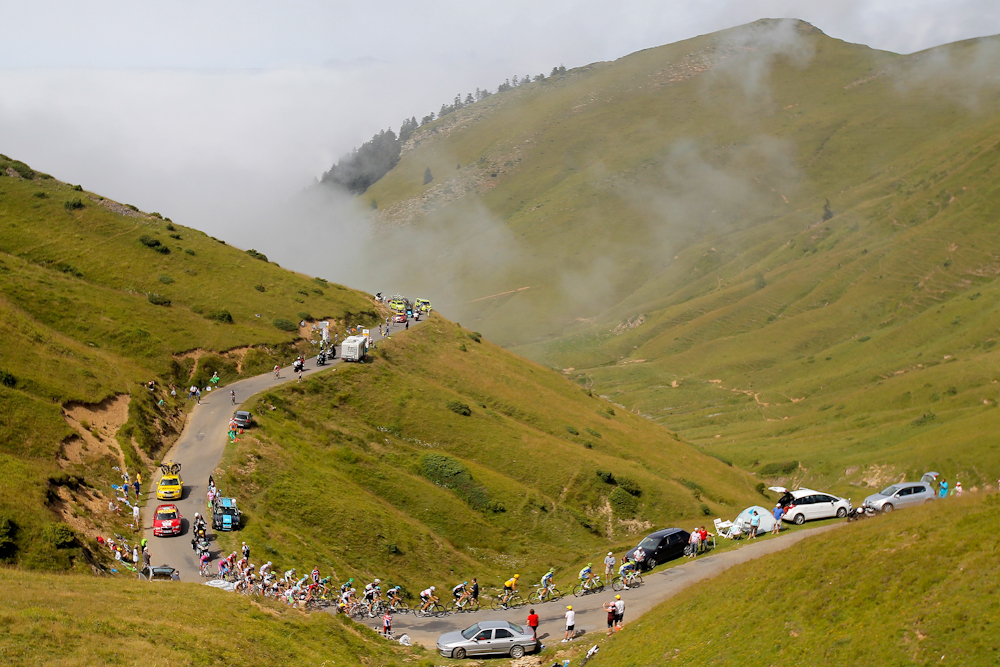
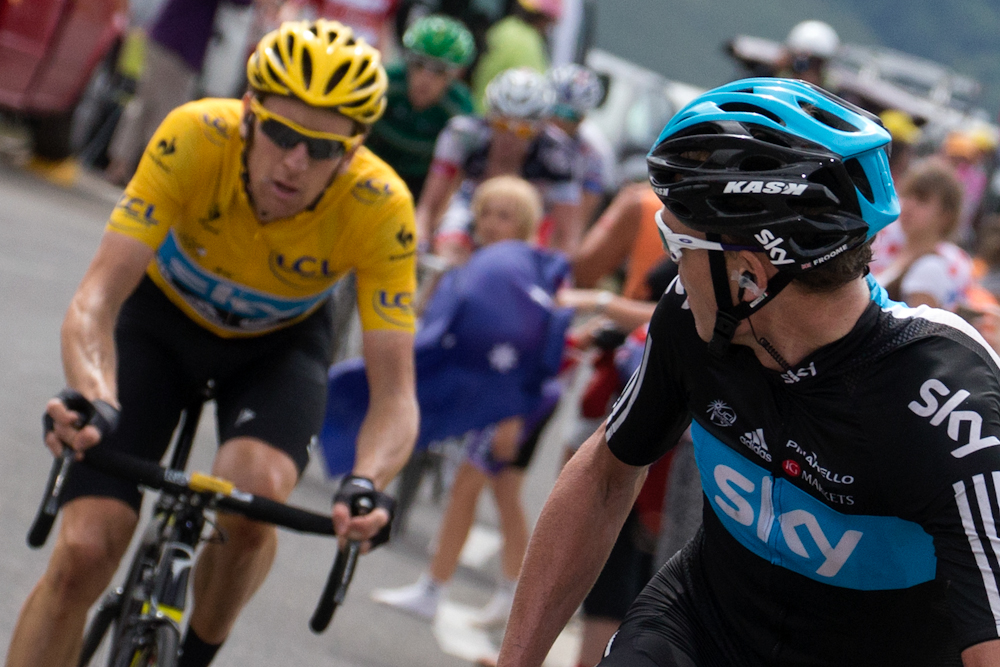
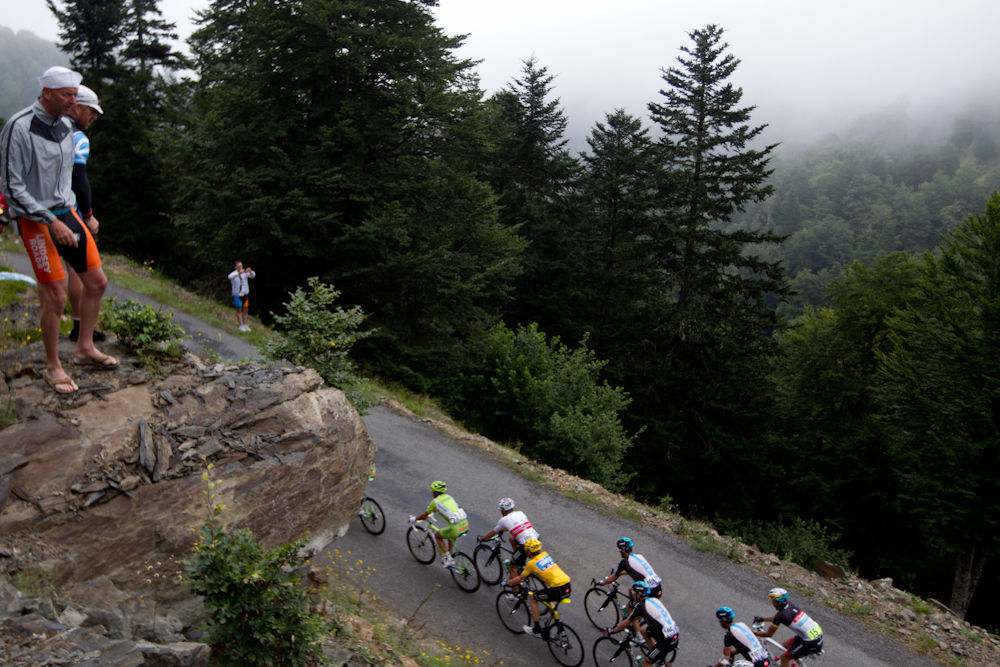
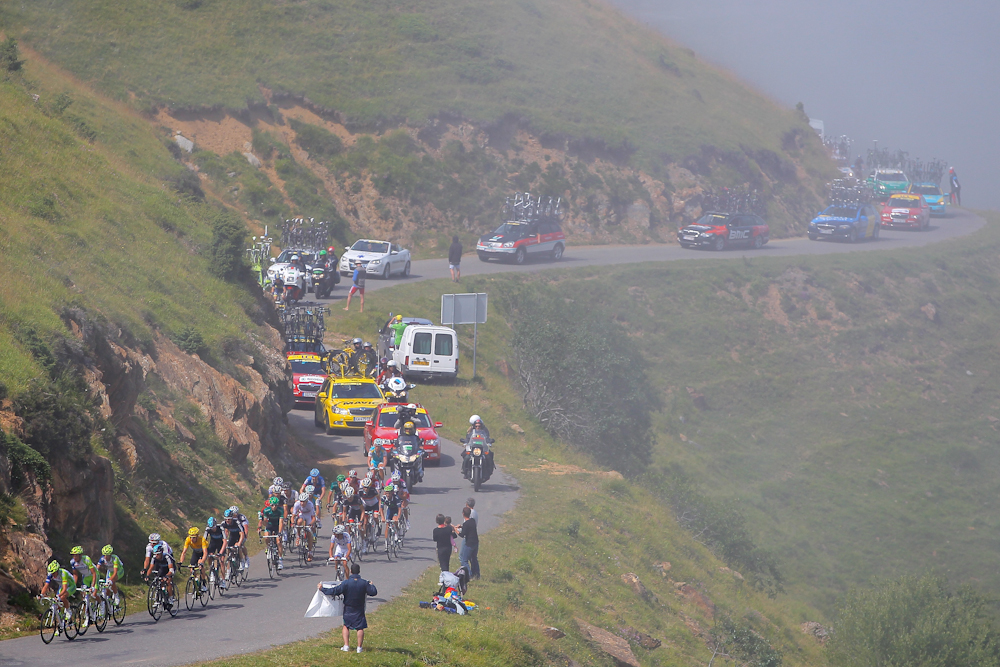
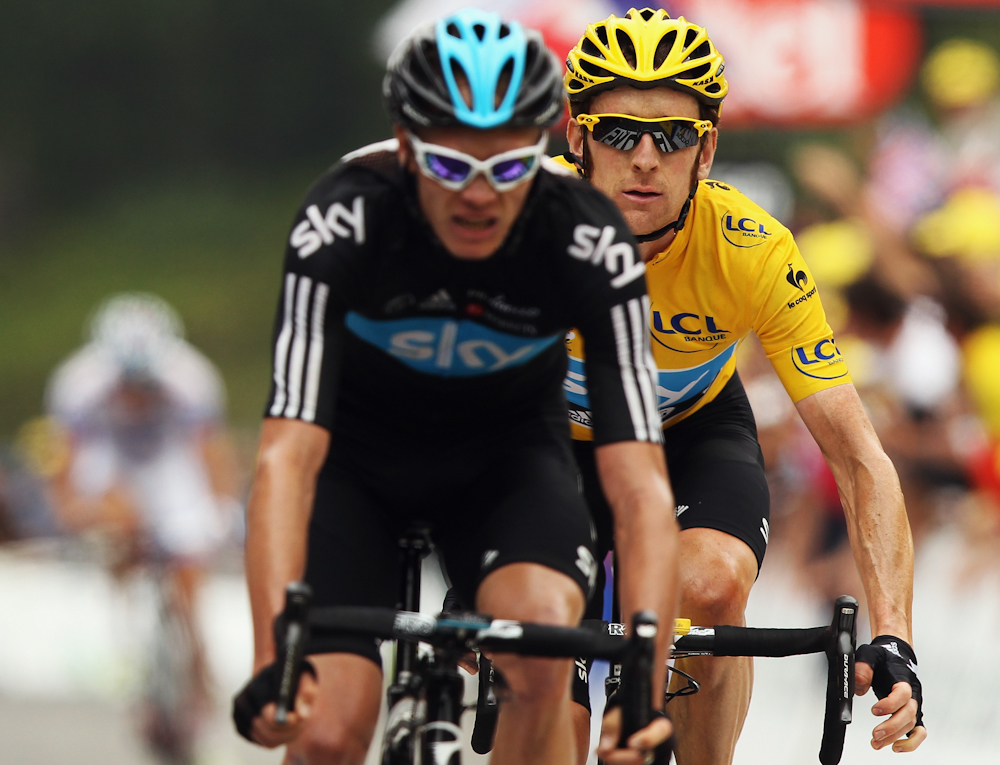
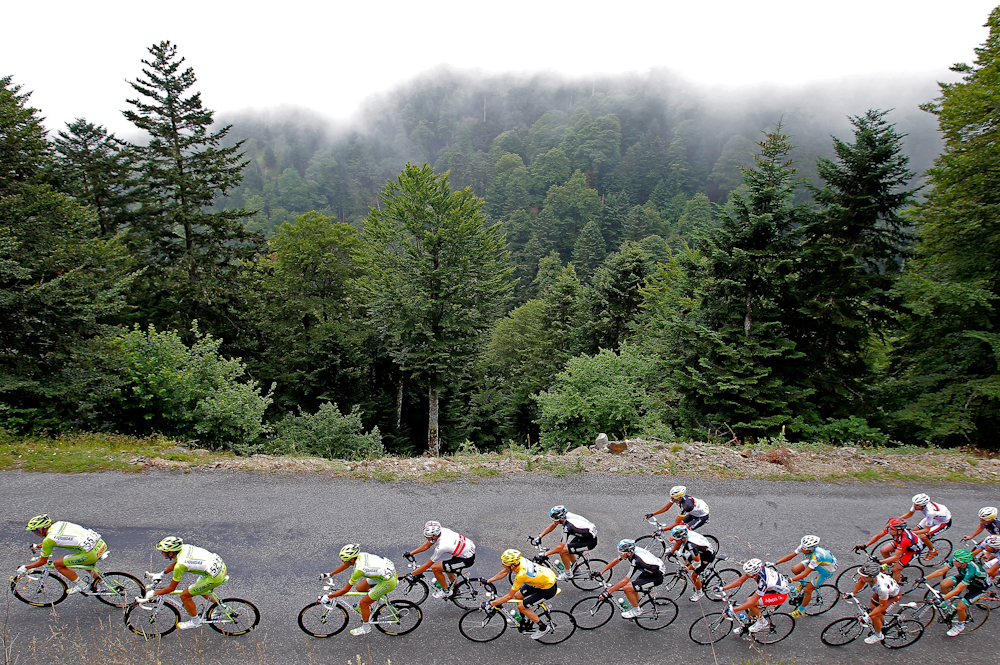
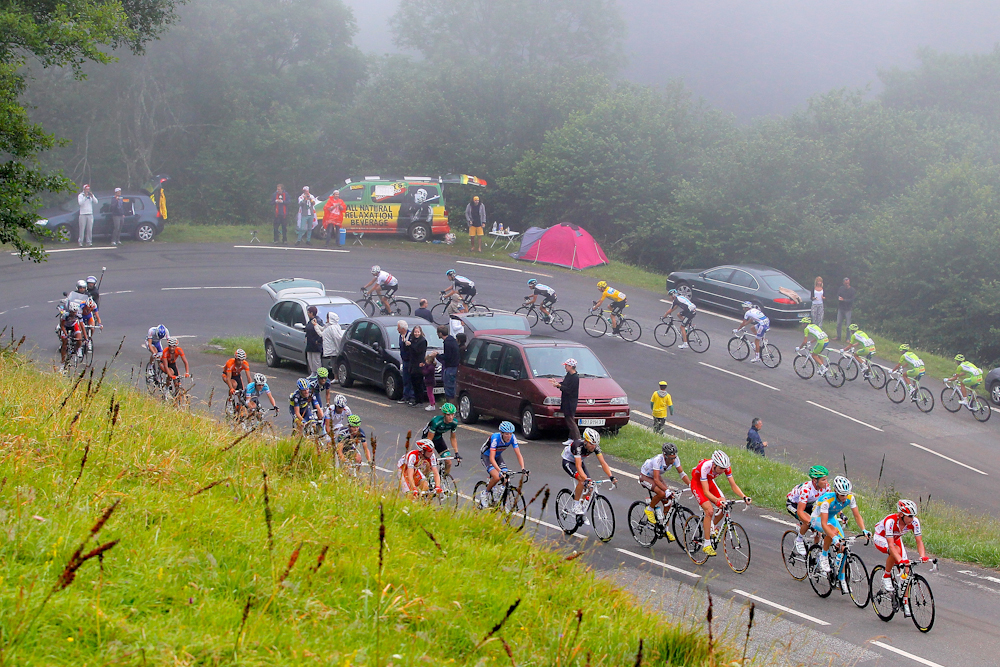
The Tour de France makes a brief but intense visit to the Pyrenees this year, starting with a long trek from Pau to Peyragudes, the Tour's second of three summit finishes on Thursday, then following that up with a short, punchy stage to Foix.
Neither stage is a traditionally formatted one for the Pyrenees, with Thursday's opening mountain stage 214 kilometres long but nonetheless avoiding such emblematic climbs like the Tourmalet, the Aubisque and Luz Ardiden.
Possibly the best known climb is the Col de Menté, the first really difficult ascent of stage 12 after a long, rolling build up over from the ultra-Tour friendly city of Pau of 139 kilometres. The Menté, which begins with a long drag up wooded climbs before a steeper summit, has been tackled a total of 18 times in the Tour. Its descent, where Luis Ocaña crashed out when leading the 1971 Tour on a sweeping left-hand bend (now complete with a plaque to Ocaña on the rockface above), is arguably better known, thanks to the Spaniard's catastrophic accident, than the climb itself.
Next on the menu is the most testing ascent of stage 12 - and of the entire Pyrenean leg of this year's Tour. The Hors Categorie Port de Balès was last tackled in 2014, but its most famous previous appearance was arguably in 2012, on a stage that, like this year, was then completed with the combination of the first category Peyresourde and and second category Peyragudes. (This trio of climbs was also used in the 2013 Vuelta a España, too, with victory going to France's Alexandre Geniez).
Very narrow and twisting at the top with multiple changes of gradient, the 11.7 kilometre Balès is also well-known from the 2010 Tour, for the Alberto Contador attack on Andy Schleck when the Luxemberg rider had his mechanical. Its descent is more treacherous, too, than the Menté, which is better surfaced and wider than back in 1971. Fortunately, although it will be colder and cloudier than usual for this time of year, no rain is forecast - this Tour hardly needs any more big crashes.
Next up is the Peyresourde, one of the Tour's most hallowed climbs. this is a relatively straightforward nine kilometre grind, although 1959 Tour winner Federico Martin Bahamontes, once voted the Tour's greatest ever climber by L'Equipe newspaper, says it is the hardest single ascent of the Pyrenees. Either way, the second category ascent of Peyragudes which follows, has been redesigned to be much harder than when the Tour last visited it in 2012. As Chris Froome pointed out, the Peyragudes may only be 2.4 kilometres long, but the additional new final segment onto the altiport runway, with slopes of 20 percent, will be more than challenging after 200 kilometres racing.
Famous for the controversial moment of the Tour of five years ago, when Froome moved ahead and then waved at team-mate Sir Bradley Wiggins to join up on his wheel, in 2012 Peyragudes was also the first Tour stage win for Alejandro Valverde (Movistar Team) after his doping suspension. Valverde is, of course, missing from this year's race, but it could well favour fast uphill finishers like Dan Martin (Quick Step Floors) or - services to Froome permitting - Sergio Henao (Team Sky).
The latest race content, interviews, features, reviews and expert buying guides, direct to your inbox!
Spectators watch stage 17 of the 2012 Tour de France from Bagneres-de-Luchon to Peyragudes. (Getty Images Sport)
Two days in contrast
The shortest stage of the 2017 Tour then follows immediately afterwards. Stage 13 on Friday is 101 kilometres long, from Saint-Girons to Foix, with three first category ascents packed in. Being the 14th of July, French expectations of some panache-filled local success will be high, and the chances of an early ambush will be high.
Of the three climbs of the day, the last, the Mur de Peguere is by far the hardest, with a painfully steep final four kilometres through dense woodland. Then it's a fast, easy descent to Foix - probably the point in the stage where early breakaways will have the hardest time of all staying away. After which the curtain falls on the Pyrenees in the 2017 Tour again.
Critics of the route say that the Tour barely scratches the surface of the climbing potential of one of France's main mountain ranges, but both Pyrenean stages could cause a colossal amount of damage. The radical change of pace from the flatlands outside Pau onto the climbs on stage 12 could wreak havoc in the peloton, and as early as Tuesday, Froome was already uttering dire warnings about the risks involved of short, punchy stages for GC contenders and how he expects Contador (Trek-Segafredo) to attack on stage 13.
"We need those long, hard stages because they have to be part of the history of the Tour, if we only had 150 kilometre stages, that wouldn't be the Tour any more," FDJ director Marc Madiot told Cyclingnews. "But in a Grand Tour, to do a very punchy, short, 100 kilometre stage, once in a while it's good.
"The weather will be cooler than usual, which is good for [FDJ star climber] Thibaut [Pinot], but I think having these two, very different stages in one is a great combination for the race."
Team Sky's Rod Ellingworth backed up Froome's assessment of how dangerous the shorter stages can be.
"A short stage like the second one, people always make the mistake of thinking it's easy for them to take on," Ellingworth said. "But then others are worried about the time limit, not being so big. That short stage will be a very stressful day, whatever happens."
Simon Yates argued that both stages will be difficult.
"One day might be a better day than another for me, but it’s hard to choose," Yates told the PA agency. “We’ve seen the other days when it’s been a short stage, it’s the theme these days. It really blows apart, in the Vuelta last year and maybe the Dauphine this year, though that was a bit longer. I am a fan of it. It’s better than flat stages like this (Wednesday), where it’s 200km and nothing really happens."
First though, is the long trek through the Pyrenees to the Peyragudes. All eyes will once again be on Froome, still not too far ahead overall to have no worries whatsoever at the thought of a strong challenge from his rivals. A convincing stage win for the Briton, on the other hand, would all but settle the outcome of the Tour.
Alasdair Fotheringham has been reporting on cycling since 1991. He has covered every Tour de France since 1992 bar one, as well as numerous other bike races of all shapes and sizes, ranging from the Olympic Games in 2008 to the now sadly defunct Subida a Urkiola hill climb in Spain. As well as working for Cyclingnews, he has also written for The Independent, The Guardian, ProCycling, The Express and Reuters.
